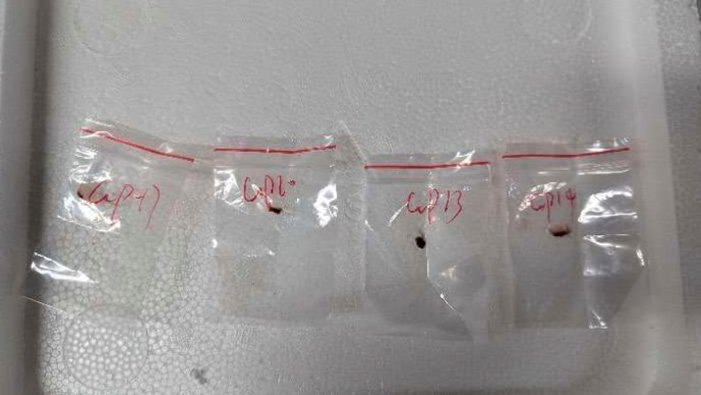
Chinese Researchers Charged Over Agroterror Threat
Two Chinese researchers face federal charges for smuggling a dangerous fungus linked to agroterrorism into the U.S.
Federal Charges Raise Alarms Over Agricultural Security
Two Chinese nationals have been charged with smuggling a hazardous biological agent into the United States, in what federal prosecutors are calling a direct threat to national security and the country’s agricultural infrastructure.
The U.S. Attorney for the Eastern District of Michigan announced Tuesday that Yunqing Jian, a research fellow at the University of Michigan, and her partner Zunyong Liu, both citizens of the People’s Republic of China, are facing multiple charges. These include conspiracy, smuggling, visa fraud, and making false statements to federal officials.
According to the criminal complaint, the pair brought Fusarium graminearum, a fungus considered by experts to be a “potential agroterrorism weapon,” into the United States. This pathogen is known to cause head blight, a destructive disease affecting wheat, barley, maize, and rice, with global economic losses totaling billions of dollars annually.
The Justice Department further stated that the fungus produces toxins harmful to both humans and animals, causing symptoms such as vomiting, liver damage, and reproductive harm.
Investigators revealed that Jian, 33, had previously received funding from the Chinese government for research on this fungus. Digital evidence from her devices reportedly confirmed her ties and loyalty to the Chinese Communist Party. Liu, 34, allegedly works at a Chinese university conducting similar research. He initially denied the charges but later admitted to smuggling the biological material into the U.S. via Detroit Metropolitan Airport.
The plan, according to federal authorities, was to use the lab at the University of Michigan—where Jian was employed—to further study the fungus. Jian has since been arrested and was scheduled to appear in federal court in Detroit on Tuesday. Liu’s custody status has not been confirmed.
Officials emphasized the national security implications of the case. One prosecutor stated that the alleged actions were “of the gravest national security concerns,” underscoring that the use of a prestigious American university for this kind of biological research represented a significant threat to public safety and economic stability.
Customs and Border Protection also played a central role in the investigation, working in coordination with federal agencies across the country. The agency highlighted that the attempted smuggling demonstrates the ongoing risk of biological threats at U.S. ports of entry, particularly involving academic institutions.
Jian remains listed as a post-doctoral fellow on the University of Michigan website. The university has not yet responded to requests for comment. Meanwhile, the Justice Department noted that while charges have been filed, a felony trial cannot proceed until a grand jury returns an indictment, pending completion of the investigation.
This case comes amid broader federal scrutiny of foreign nationals studying in the U.S., particularly those with connections to hostile foreign governments. The administration has recently taken steps to revoke student visas of individuals associated with foreign adversaries, citing national security risks.






